Paradiso Canto 28
OVERVIEW
Courtney Barajas is an Assistant Professor of English and Director of the Medieval & Early Modern Studies at Whitworth University. She is the author of Reframing the Monstrous Body: Visions of Unity and Desire in the Anglo-Saxon Wonders of the East.
Questions for Reflection
- Dante describes Beatrice as the one who “imparadises my mind” (“ ‘mparadisa la mia mente”). What does this tell us about Beatrice and about Dante’s state as he reaches the Primum Mobile? What does it mean to “know” God?
- How does Dante describe Beatrice’s eyes in line 11-12? How is this an echo of Dante’s conversation with Adam in canto 26?
- Why does Dante’s entire perspective of the universe change as he sees the universe from the Primum Mobile? How does the theological vision of the cosmos convey a different meaning to things than the sensible vision? What is the correspondence between the theological and the sensible cosmos (28.64-72)?
- How does Beatrice define beatitude (28.109-113)?
- Why do you think Beatrice describes the angelic intelligence that oversees our terrestrial sphere as “Angels at their play” (“d’Angelici ludi”)? How does that correspond to the theme of holy playfulness that we have seen since Purgatorio? How does Beatrice’s discourse on the angelic hierarchies explain the importance of the stars for Dante?
DETAILS
- Dr. Courtney Barajas
- Whitworth University
- Run Time 9:34








